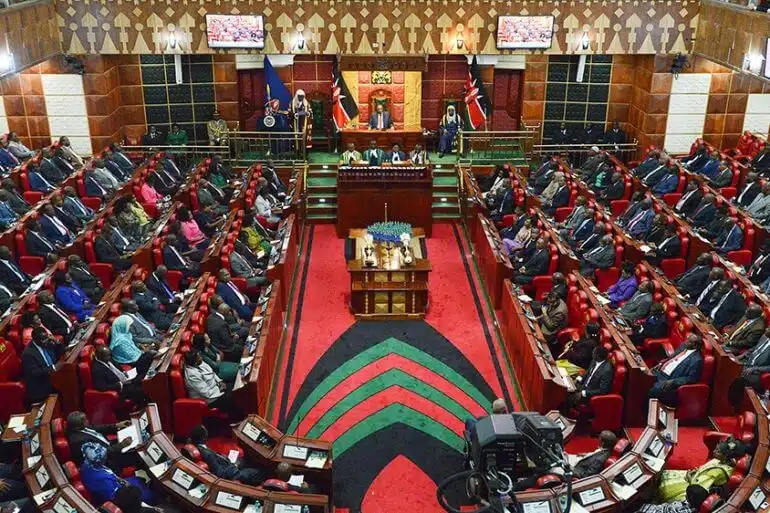The Kenyan Parliament has introduced a new law that prohibits Microfinance companies from harassing borrowers following their default on their loans.
Previously, borrowers in Kenya, their guarantors or others close to them have complained that following even a day of default in payment, they have often suffered abusive insults or defamation.
As a result, many people in the country have refrained from taking up non-digital credit facilities and loans and this has the potential to reduce the effectiveness of the country’s economy.
The Microfinance Act, introduced through the Business Laws (Amendment) Bill, 2024 seeks to prohibit lenders from harassing, violating, or threatening the use of violence on the borrowers or their guarantors during the loan recovery process.
By Section 53(2) of the Act, non-deposit-taking microfinance businesses (MFBs) must not “harass, abuse or oppress a borrower, guarantor or any person in connection with collection or recovery of a debt,” nor should they “threaten or use violence or illegal means” or employ “obscene or profane language” in debt collection efforts.
The law also mandates the MFBs to provide borrowers with accurate information about loan terms and financial costs and maintain borrower confidentiality. The lenders must ensure the protection of their borrowers’ data in line with the country’s Data Protection Act.
This provision is in line with the strides of the country’s data protection authority to crack down on lenders’ user data abuse, including fining digital lending companies who compromise borrowers’ data upon their breach. Borrowers will now have to be furnished with accurate information on the procedure and conditions for lending and recovery by their lenders.
To ensure the effective implementation of the law to safeguard borrowers, the Act makes it mandatory for individuals conducting non-deposit-taking microfinance activities before the new law was passed, to apply for a license within 6 months after the bill has been passed into law.
Going forward, they would carry out their lending activities subject to the Act, regulations, and any directives from the Central Bank. Furthermore, the Act transferred the oversight of non-deposit-taking microfinance businesses from the Microfinance Act to the Central Bank of Kenya Act.
With this new law, it is hoped that more Kenyans will be willing to take up loans and other credit facilities for their personal and business use. If this is achieved, the Kenyan economy will further grow, resulting in economic prosperity for more Kenyans.






